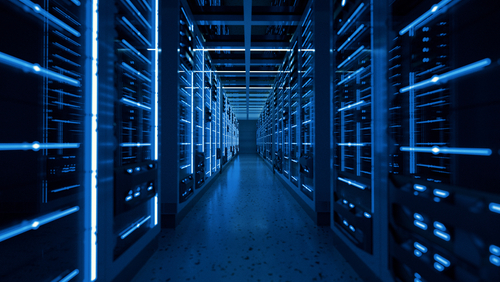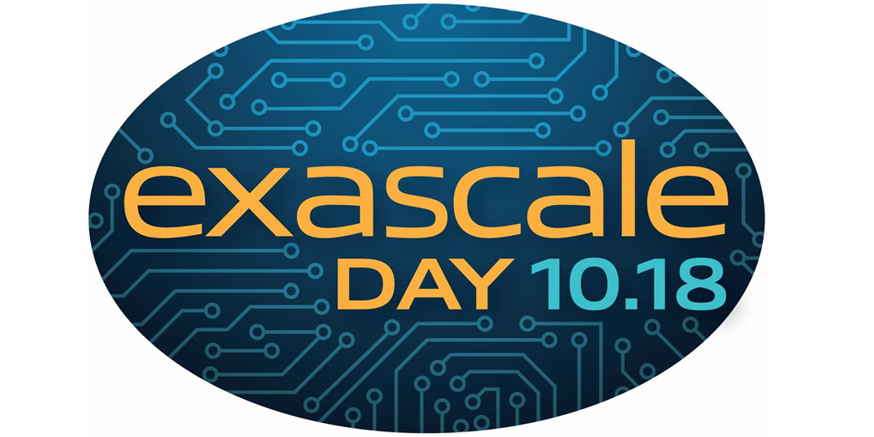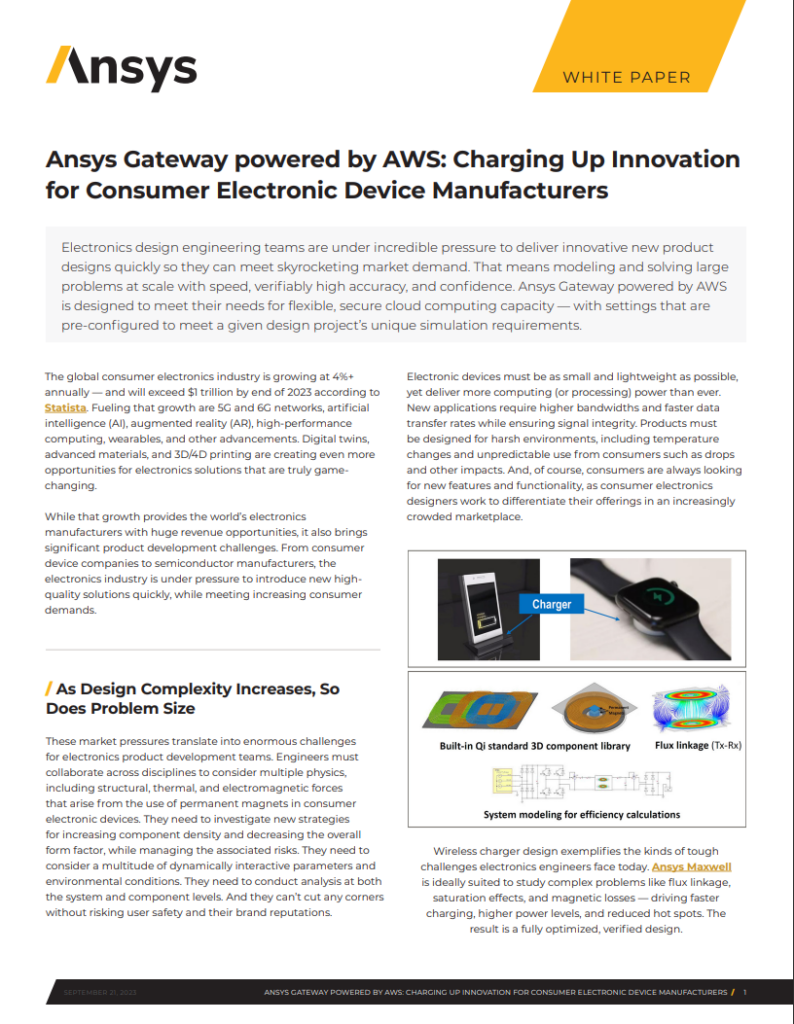 The generative AI phenomenon has spurred growth in many sectors of the tech industry (just ask NVIDIA), including and spectacularly the data center sector. According to a report released today by investment bank and analyst firm TD Cowen, approximately 2.1GW of data center leases have been signed in that last 90 days.
The generative AI phenomenon has spurred growth in many sectors of the tech industry (just ask NVIDIA), including and spectacularly the data center sector. According to a report released today by investment bank and analyst firm TD Cowen, approximately 2.1GW of data center leases have been signed in that last 90 days.
Putting that number in perspective, Cowen noted that the entire third party data center market in the U.S. currently stands at about 10GW. Annualized, a three-month 20-plus percent spurt translates into growth of more than 80 percent, which means 2023 is a year the industry won’t soon forget.
“We expect 2023 to set a record for DC (data center) leasing,” Cowen reported. “Supply/power constraints have increased, driving pricing and unlevered yields higher… Not only have the number of signed/in-process hyperscale deals increased, but also the size of these deals has increased meaningfully.”
And more demand is on the way.
“Furthermore, our checks indicate that there are multiple +500MW requirements from hyperscalers on the market as well as at least one +500MW requirement from the U.S. government,” Cowen reported. “To that point, one large private data center operator noted to us that its qualified leasing pipeline stands at +1GW vs. ~500MW just 90 days ago, which speaks to the speed with which these incremental AI requirements have come to market.”
The companies leading this demand won’t surprise you. In fact, hyperscalers are crowding out enterprises for data center resource consumption. Cowen reported that since April, Google signed a 600MW deal in Texas and Microsoft has signed deals sized at 420MW (Leesburg, VA), 360MW (Dallas) and 300MW (Chicago).
The Cowen report, called “A Tsunami of AI Demand Hits the Data Center Market,” said hyperscalers are pre-leasing capacity two to three years ahead of facility delivery, longer than the year to year-and-a-half pre-leasing timeframes Cowen observed last year.
This in turn is driving up pricing and pitting hyperscalers against enterprises in securing DC resources. Data center operators “can charge a premium” for capacity coming on line in less than 24 months, Cowen said.
![]()
“This in our view reflects the growing scarcity of data center capacity as hyperscalers look to secure their access to future compute,” the firm reported. “This scarcity is also reflected in enterprise behavior as the growing requirements of hyperscalers have increasingly crowded enterprises out of the data center market. To that point, our checks indicate that enterprises have started pre-leasing capacity up to six months ahead of facility delivery, an approach that we have not seen historically.”
Two companies generating considerable generative AI news of late, NVIDIA and CoreWeave, were specifically cited by Cowen.
CoreWeave, a specialized GPU cloud provider (NVIDIA has invested $100 million in the company), has “been leasing data center capacity (even if not purpose-built for higher power densities), which coupled with normal course data center leasing, has further contributed to lower vacancy rates,” Cowen said.
NVIDIA was mentioned in connection with what Cowen said is the emergence of the “anywhere” data center deal, the result of limited data center supply “coupled with AI training deployments being less location/latency sensitive than cloud deployments,” Cowen said.
The example cited: NVIDIA had sought to lease capacity for 50MW in Hillsboro, OR, but once the company realized this was unavailable in the near-term, “Nvidia began communicating to operators that they were open to taking this capacity in any market…,” Cowen said, adding, “…we expect to see a shift in where these AI training deployments are placed, as customers seek availability of power and speed to market.”



